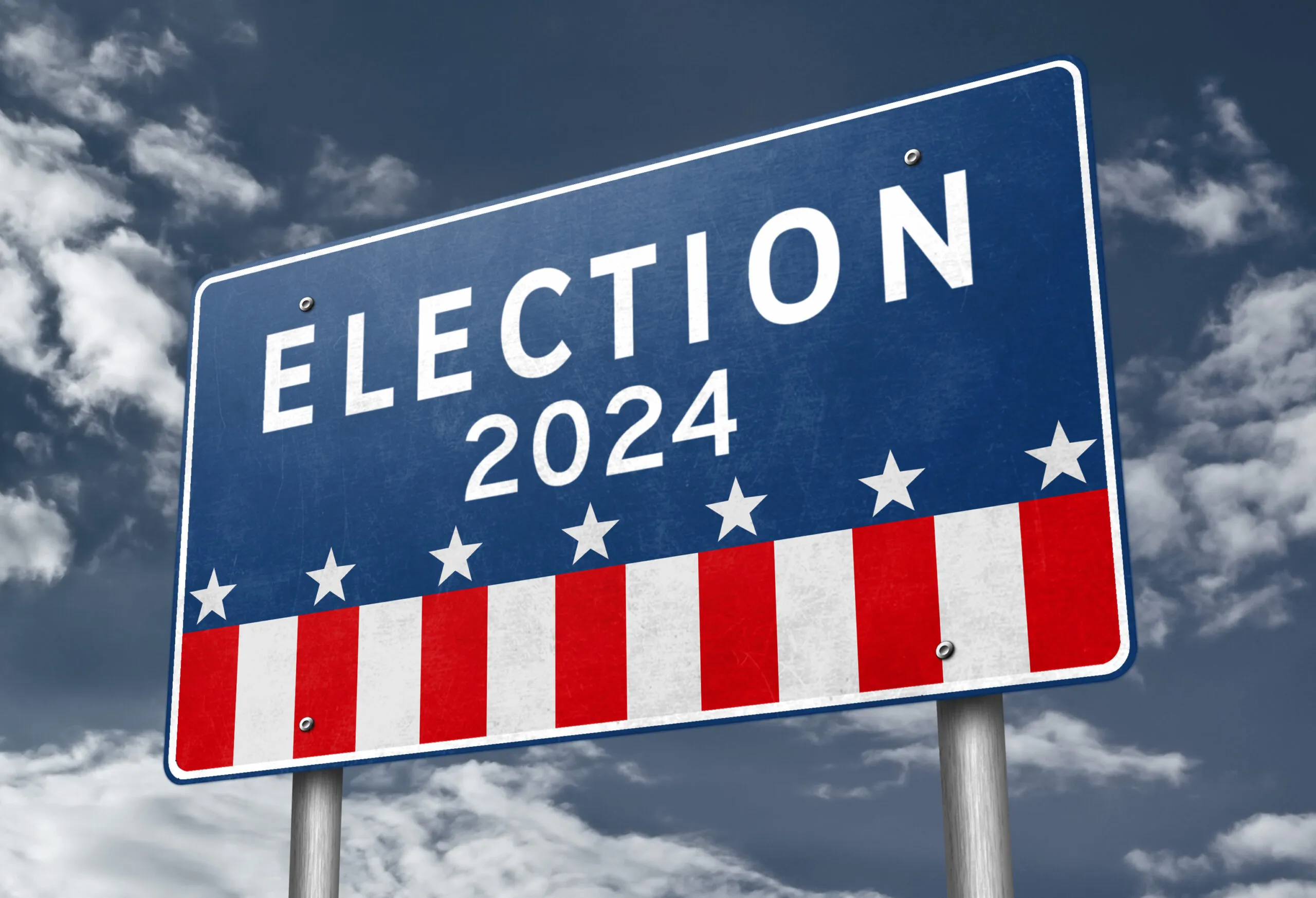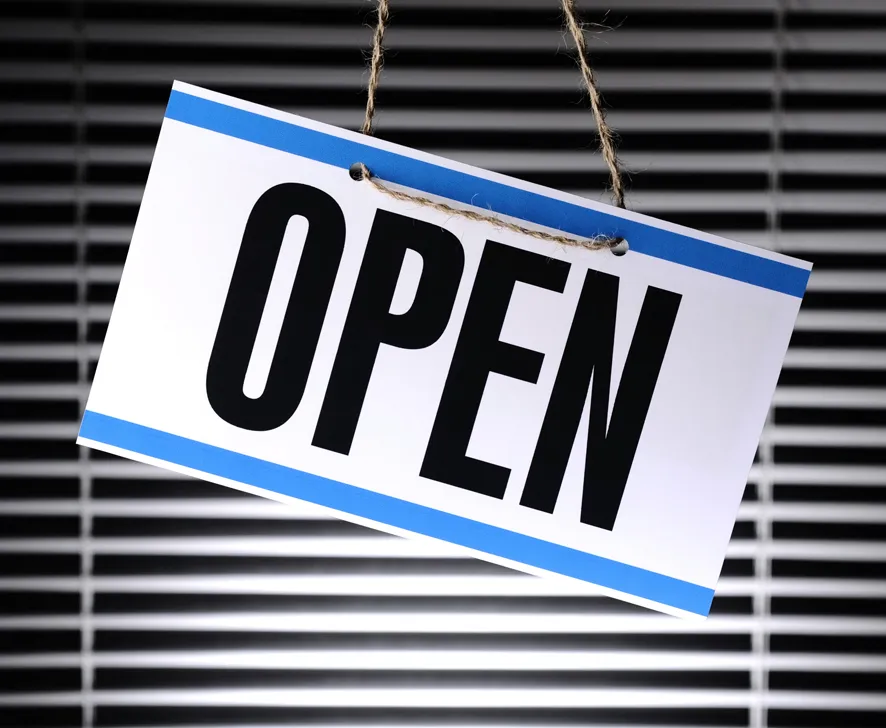Editorial: Progress on transportation funding isn’t enough — maintain pressure to fix Colorado roads
Colorado civic and government leaders should keep their feet on the gas when it comes to measures to boost transportation funding in the state.
Gov. John Hickenlooper deserves praise for supporting and signing a measure that will pump $645 million into Colorado transportation projects in 2018 and 2019. While it makes up for only a fraction of the estimated $9 billion shortfall for needed transportation projects in the state, the Denver Business Journal’s Ed Sealover notes correctly that the new funding represents an important milestone as the biggest increase in transportation funding in a decade.
THIS ARTICLE IS FOR SUBSCRIBERS ONLY
Continue reading for less than $3 per week!
Get a month of award-winning local business news, trends and insights
Access award-winning content today!


